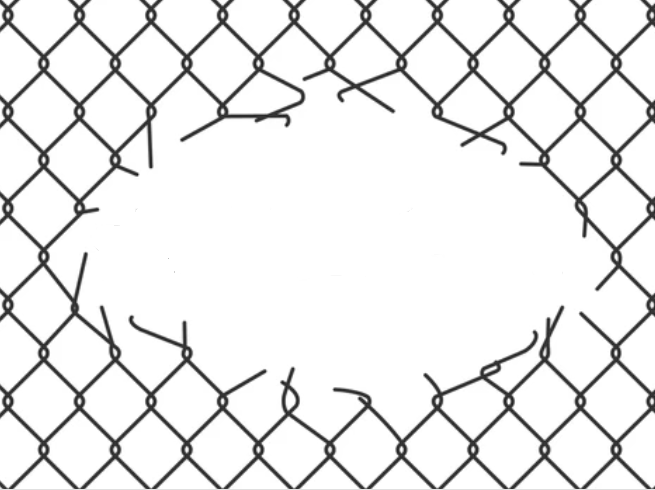(Adapted from the Preface to The Alderbank Wade)
I first developed a fascination with the political and religious nuances surrounding the English Civil War, or as it is termed in Marxian historicism, the English Revolution, and subsequent Republic, at 19 when I spent one summer voraciously reading various books on the subject. What particularly fascinated me was how a whole nation could be hurled into internecine conflict, in part, because of ideas, as opposed to territorial or tribal reasons, and to such an extent that it divided families and communities across the country.
I always had a keen sense of denominational differences having an Anglican father and a Roman Catholic mother, and being raised as a Catholic in a Protestant country. It fascinated me that in the 17th century religion and politics were so inextricably linked as to almost be symbiotic. In spite of being a Catholic by faith, I was intrigued by the solemnity of the Puritans and that they should be so driven by to take up arms as literal ‘Christian soldiers’—or Roundheads, an evocative term we tend to automatically associate with the lobster-tailed pot helmet worn by the Parliamentarian troops, yet that term was originally coined to describe those ‘Puritan’ Members of Parliament noted for their unfashionably short hair cuts at a time when common fashion for men was to wear one’s hair long, or at least shoulder-length.
As a young socialist I was particularly captivated by the revolutionary politics of the 1640s and 1650s, specifically the proto-socialist Levellers of the likes of John Lilburne, and the proto-communist Diggers of the likes of Gerard Winstanley. Over the subsequent few years I intermittently devoured ever more specialised books on the subject, many titles by prolific Marxist historian Christopher Hill, as well as some other perhaps lesser known works, including an old Left Book Club edition of David W. Petegorsky’s Left Wing Democracy InThe English Civil War. A story started developing in my mind about a Leveller community at the tail-end of the conflict and its abrupt downfall on the cusp of Cromwell’s Republic…
About this period I attended a Sealed Knot re-enactment of the Battle of Torrington, a well-timed opportunity to witness at close quarters an authentic recreation of the sights and sounds of the Civil War, and to see up close the costumes of the protagonists, most particularly the imposing Roundhead soldiers on their horses with their lobster-tail pot helmets, three-barred visors, and some of those Puritans that had so fascinated me with their broad floppy-brimmed black and brown pilgrim hats and wide white linen collars.
I drafted the novel in 1997 but it then remained in a pile of manuscripts in a drawer and, soon to be entirely seized by poetry, I never got round to revisiting it to redraft it. But in 2024 I once again felt the urge to revisit my old tale, only now to rewrite it entirely (and from memory) in verse, specifically, semi-rhyming couplets… and in faintly historicised but broadly contemporary language, excepting certain turns of phrase, quotes and titles of works pertaining to the period.
The setting of the book is in Hampshire, which I picked due to it being a kind of frontier-county between the south-east and the south-west, and not consciously to echo the eponymous setting of Captain Frederick Marryat’s children’s novel The Children of the New Forest (1847), which although fairly authentic in many respects, tended to a Victorian favouritism towards the Royalist cause, depicting the Roundheads, who refer to themselves as ‘Levellers’ in his novel, as the antagonists.
Almost all the characters in my narrative are of the Roundhead persuasion, a mixture of Anglicans and Puritans, Levellers and ‘True Levellers’ or Diggers; though there is one exception, a recusant Catholic character who sympathises with the ideas of the Parliamentarian side and particularly with Levelling.
The main themes of this narrative are those of conflicting loyalties, to family, community and one’s personal and spiritual convictions, and it centres around one figure whose conscience makes him switch allegiances during the war thus estranging him from his father and community, resulting in the book’s eponymous epithet.
Alan Morrison

Leave a Reply